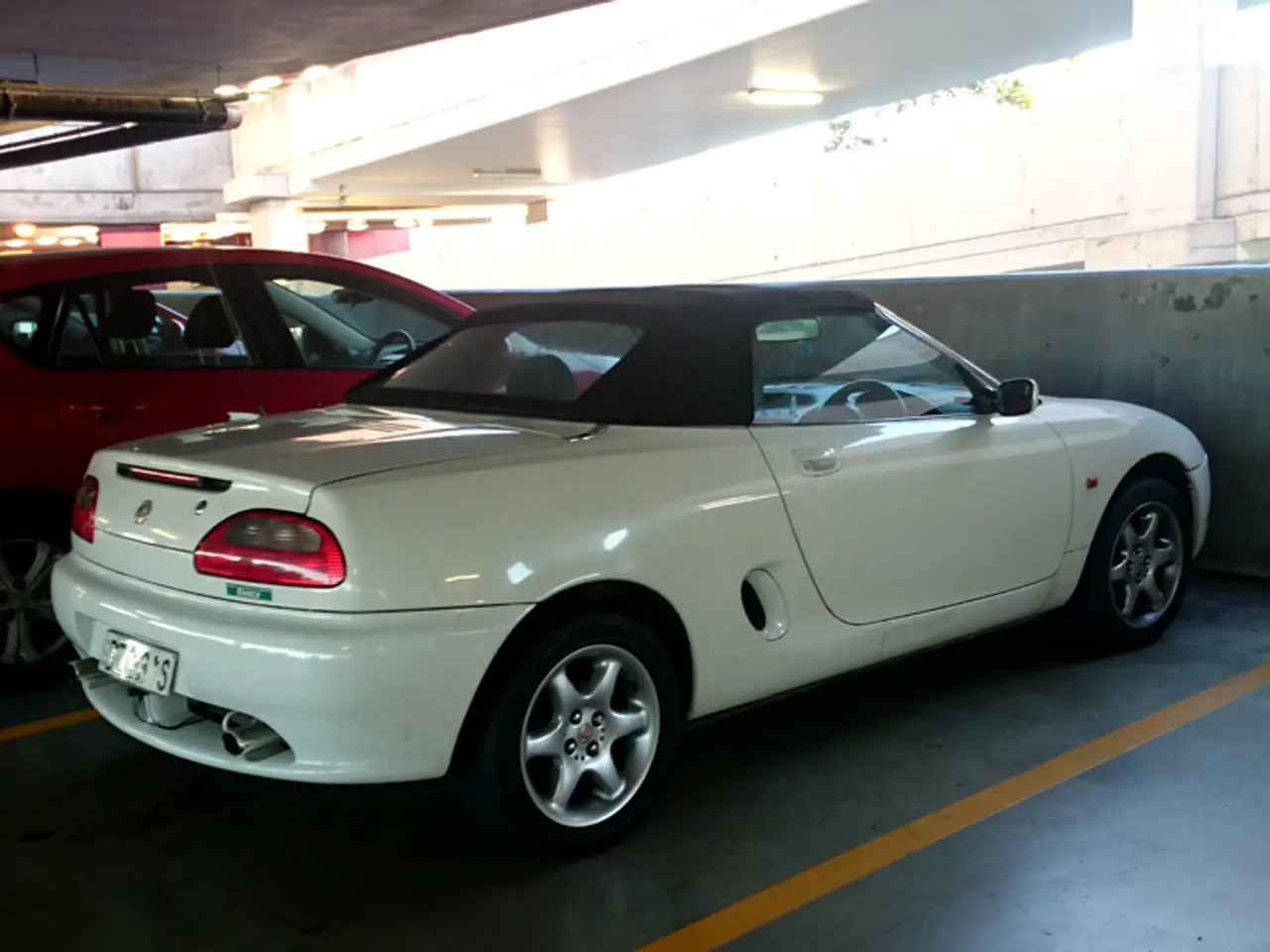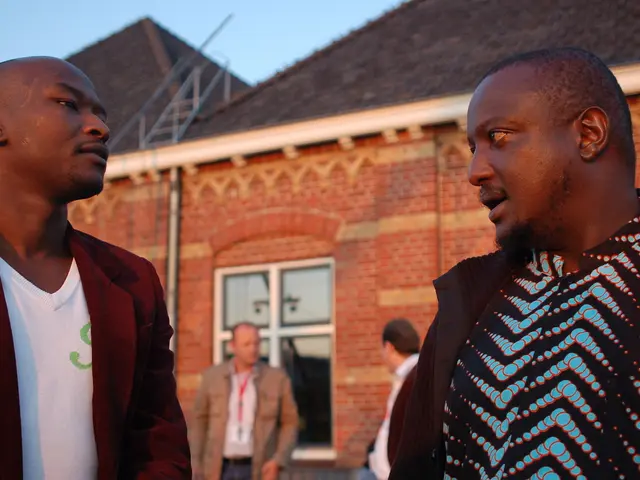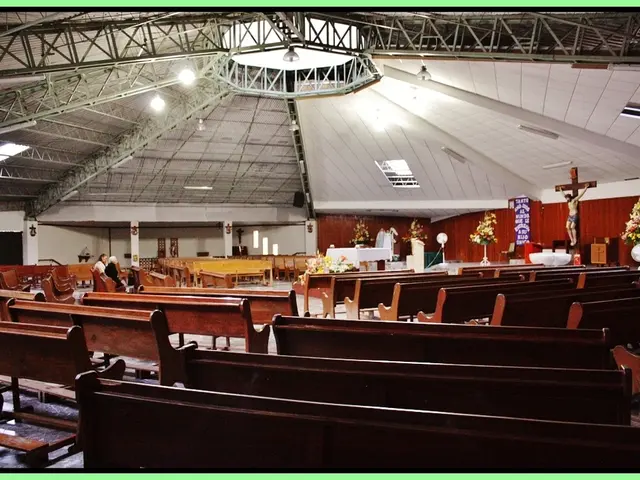Investment forum focuses on "Neighbourhood Heat Initiative": Discovering potential financial backers for the collaborative funding of district heating systems.
On August 27, 2025, a specialist conference named "Heat Project Seeks Financier" was held at the Erbacher Hof in Mainz. The conference, moderated by Dr. Anna Müller, aimed to bring municipalities with concrete heat projects together with potential financiers.
The conference was organized by the Energy Agency of Rhineland-Palatinate, Municipal Associations, and the Association of Municipal Enterprises (VKU). Around 100 participants from municipalities, banks, cooperatives, municipal utilities, politics, and science attended the conference.
In Gimbweiler, the commune, the association of municipalities, and EDG mbH collaborated, with the commune primarily financing the project. Liers / Höningen saw the municipality and citizens founding a cooperative, financed through funding (KIPKI) and debt capital. Ellern utilized a purely municipal model, backed by the association of municipalities. Kappel established an energy cooperative that was financed with support from a regional bank.
Practical experiences showed that heat networks can only be successfully implemented if municipalities, cooperatives, and private partners work closely together. The project exchange at the conference allowed municipalities to present district heating projects and engage directly with financiers, resulting in keen interest and willingness for further steps.
The panel discussion concluded that enormous investments are needed for the transformation of heat supply, and that this task cannot be carried by banks alone. Representatives from DAL, VKU, VEDEC, Citizens' Energy Alliance, and Naturstrom AG discussed what makes heat projects financeable. Cooperatives highlighted the advantages of subordinated loans and voluntary engagement, while Naturstrom referred to new and innovative models such as crowdfunding or social contracting.
Prof. Thomas Giel (University of Mainz) called for acceleration, stating that we have to get to the starting blocks - we're still in the locker room at the moment. Prof. Christian Held (bbh) emphasized that heat supply is a societal task and innovative solutions can pave the way for municipalities to a climate-neutral future. Prof. Dr. Martin Pudlik (TH Bingen) stated that heat pumps and heat networks will be the dominant technologies in heat supply in the future.
Many participants expressed a wish for a follow-up event, appreciating the opportunity to present projects in brief pitches and engage directly with financiers. A possible follow-up event will present a practical checklist with concrete parameters to help municipalities prepare feasibility studies to meet the requirements of external financiers.
Paul Ngahan, head of the District Heating Competence Center, concluded that many projects in Rhineland-Palatinate are ready for financing and implementation. The conference demonstrated the great interest in sustainable financing paths for heat networks and received wide approval for its innovative format. To make district heating networks a reality, creativity, courage, and new financing models are needed, driven by municipalities, citizens, financial institutions, and private partners.
Read also:
- Accident at Rodalben Results in Injuries; Geoskop Area near Kusel Affected After Stormy Weather
- Advanced stage cancers annihilated by activating CD40 antibody treatment
- Acquisition of Resilience Startup Alteia by GE Vernova Unveiled
- Army attack in Darfur results in at least 12 fatalities, according to observers








